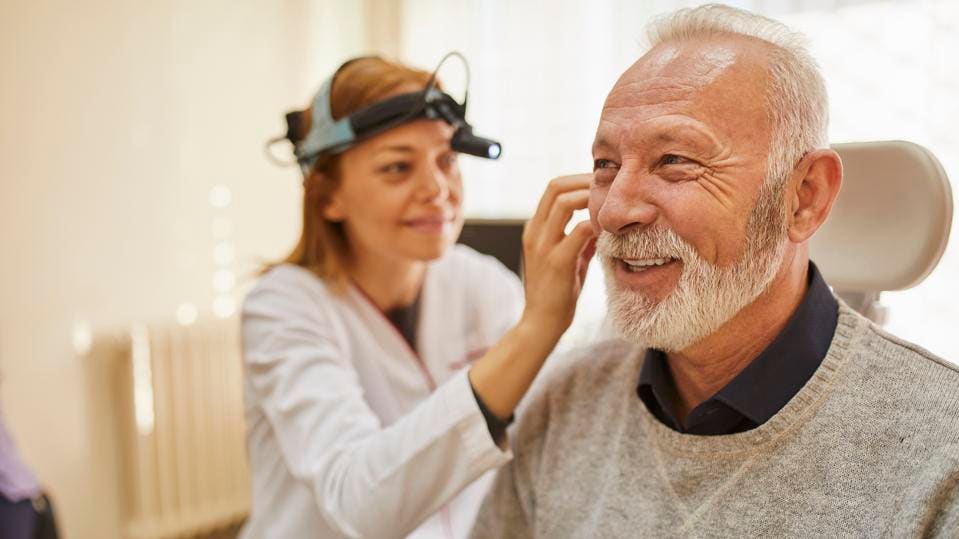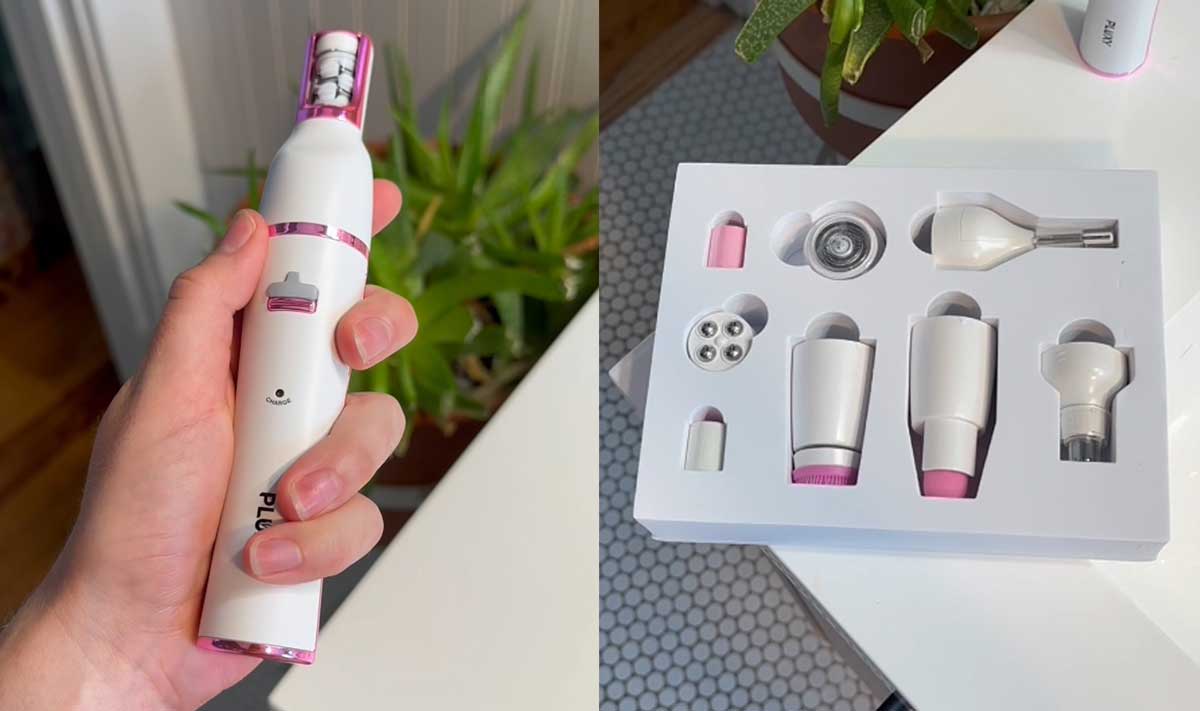Discover effective strategies to prevent hearing loss and maintain the health of your ears. Learn about the importance of protecting your ears, identifying potential risks, and incorporating preventive measures into your daily routine.

Introduction
When it comes to our overall well-being, we often overlook the significance of our hearing. Our ears play a vital role in connecting us with the world, allowing us to communicate, enjoy music, and experience the richness of sounds around us. However, hearing loss is a prevalent condition that affects millions of people worldwide. The good news is that many cases of hearing loss are preventable through a combination of awareness, lifestyle adjustments, and protective measures. In this article, we will explore essential strategies for maintaining healthy ears and reducing the risk of hearing loss. Let’s dive in and safeguard the gift of hearing for ourselves and future generations.
Understanding Hearing Loss
Before delving into preventive strategies, it is crucial to have a basic understanding of hearing loss. Hearing loss refers to a partial or total inability to hear sounds. It can occur gradually over time or be the result of sudden trauma or exposure to loud noises. There are two primary types of hearing loss: conductive and sensorineural. Conductive hearing loss is often caused by physical obstructions or damage to the outer or middle ear, while sensorineural hearing loss typically stems from damage to the inner ear or auditory nerve.
The Importance of Protecting Your Ears
Preserving our hearing is a responsibility we must prioritize. Here are a few reasons why protecting our ears is crucial:
- Enhanced Communication: Clear and unimpeded hearing enables effective communication, whether it’s engaging in conversations, participating in meetings, or enjoying social interactions.
- Emotional Well-being: Hearing loss can lead to feelings of isolation, frustration, and even depression. By taking steps to prevent hearing loss, we can maintain our emotional well-being and quality of life.
- Long-term Benefits: Preventive measures taken today can have long-lasting benefits, ensuring that we continue to enjoy the full spectrum of sounds well into our later years.
Essential Strategies for Preventing Hearing Loss
- Be Mindful of Noise Levels: Prolonged exposure to loud noises can damage the delicate structures of our ears. When in noisy environments, such as concerts or construction sites, wear earplugs or earmuffs to protect your ears. Limit the use of personal audio devices at high volumes and take regular breaks from noisy activities.
- Practice Safe Listening: When enjoying music through headphones or earbuds, follow the 60/60 rule: set the volume at 60% and listen for no more than 60 minutes at a time. Additionally, opt for noise-canceling headphones that reduce the need for higher volumes.
- Maintain Ear Hygiene: Keep your ears clean by gently washing the outer ear with warm water. Avoid using cotton swabs or other objects that may push wax deeper into the ear canal, potentially causing damage or blockages.
- Stay Active and Exercise: Engaging in regular physical activity promotes good blood circulation, including to the ears. Improved blood flow helps nourish the delicate structures of the ear and maintain optimal hearing health.
- Follow a Healthy Lifestyle: Several lifestyle factors contribute to overall well-being, including hearing health. Incorporate a balanced diet, rich in nutrients like omega-3 fatty acids and antioxidants, to support healthy ears. Avoid smoking and limit alcohol consumption, as these habits can negatively impact hearing.
- Get Regular Check-ups: Schedule regular visits with an audiologist or hearing healthcare professional to assess your hearing and identify any potential issues at an early stage. Early detection can significantly improve the effectiveness of treatment if needed.
FAQs
- Can exposure to loud noises really cause permanent hearing damage?
- Yes, exposure to loud noises, especially over an extended period, can cause irreversible damage to the delicate structures of the ear. It is important to protect your ears in noisy environments.
- Are all headphones equally damaging to hearing?
- No, not all headphones pose the same risk. Noise-canceling headphones, for example, can help reduce the need for higher volumes. It is essential to choose headphones that prioritize safe listening levels.
- Is earwax beneficial or harmful to hearing?
- Earwax, or cerumen, plays a protective role by trapping dust and debris and preventing them from reaching the sensitive parts of the ear. However, excessive earwax can lead to blockages and potential hearing issues. It is recommended to maintain proper ear hygiene and avoid pushing earwax deeper into the ear canal.
- Can certain medications or medical conditions contribute to hearing loss?
- Yes, certain medications, such as some antibiotics and chemotherapy drugs, can have side effects that impact hearing. Additionally, medical conditions like diabetes and cardiovascular disease have been linked to an increased risk of hearing loss. It is important to consult with a healthcare professional regarding potential risks and preventive measures.
- Are there any specific exercises or activities that can improve hearing?
- While there are no specific exercises to enhance hearing, engaging in regular physical activity promotes overall health and blood circulation, which benefits the ears. Maintaining a healthy lifestyle, including a nutritious diet and avoiding smoking, also supports optimal hearing health.
Conclusion
Our ability to hear is a precious gift that enriches our lives in countless ways. By implementing these essential strategies for preventing hearing loss, we can take proactive steps to safeguard our hearing and enjoy the beauty of sound for years to come. Remember to be mindful of noise levels, practice safe listening habits, maintain ear hygiene, lead a healthy lifestyle, and seek regular check-ups with a hearing healthcare professional. Let’s prioritize our hearing health and ensure that healthy ears accompany us on our life’s journey.


